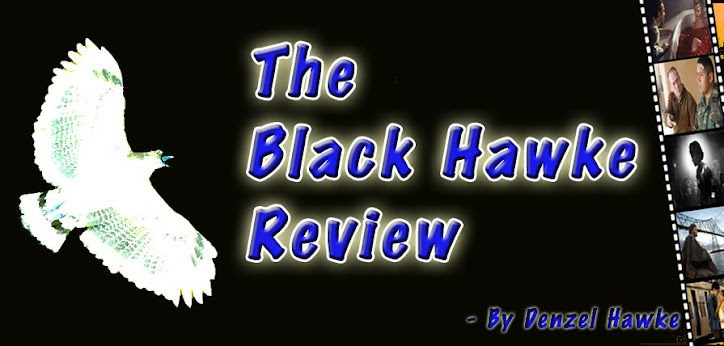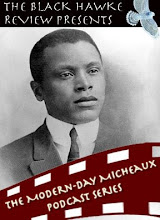A common complaint about Hollywood is their lack of films dealing with minorities. Yeah, we get our occasional The Secret Life of Bees, Dreamgirls, and Notorious, which are good and a step up from the often "white only club" controlling the film industry. But sometimes we do need to dig a lot deeper to discover the truth. And the truth is that the film industry is oozing with black films, they all just don't make it to theatres. However, as Slumdog Millionaire proved (which was considered becoming a straight to DVD release) just because a film is an "indy" doesn't make it any worse in quality or content.
Below are four black "indy" films that you should be made aware of. They may not all get theatrical releases, but if you dig deep, you should be able to find a way to view them in your area.
A MEDICINE FOR MELANCHOLY
Medicine for Melancholy is a love story of bikes and one-night stands told through two African-American twenty-somethings dealing with issues of class, identity, and the evolving conundrum of being a minority in rapidly gentrifying San Francisco—a city with the smallest proportional black population of any other major American city.
PRECIOUS
(formerly PUSH)
Based on the novel PUSH by Sapphire, Precious is about a teenage girl growing up in harlem. She is physically and emotionally abused by her parents and pregnant with her second child. The film is directed by Lee Daniels, co-stars Mo'Nique, Paula Patton, Mariah Carey, and Lenny Kravitz, and championed by both Oprah and Tyler Perry.
A GOOD DAY TO BE BLACK & SEXY
Press play on A GOOD DAY TO BE BLACK AND SEXY. A mixed tape of deftly arranged vignettes on Black Love, Sex, and Reciprocity. What you hear may be unrecognizable at first… Neo-realistic intimacy between black people found in rare grooves previously drowned out by the sounds of modern hook-ups and bougie preoccupations, a cacophony of mass-produced beats created with drum machine loops and software. A Good Day to be Black and Sexy is that dusty LP you find in the crates. But as soon as you put the needle to wax, all the forgotten lyrics return to your lips in this dreamy love sonnet to the beautiful and chocolate coated. The intro track is a prelude into the heavily sensual world of expectations - the rhythm that drives the film. Erotic moments are lullabies that turn into syncopated groves without notice. This record skips, and jumps to the hook of a Millie Jackson remix. An anthem belted out by a minx who knows her limits, but can’t resist testing the boundaries.
After years of dating white women, an unconventional "brotha" vows to try his luck with some "sistahs" of his own race. But when he falls for a self-described "half-Rican Canadian", it is possible he's found his soul mate? True, she isn't black - but her race is only part of the problem. For this longtime commitment-phone to settle down, he'll have to drastically change his ways.



 = 1 Star
= 1 Star = 2 Black Fists
= 2 Black Fists = 2 Stars
= 2 Stars = 1 Black Fist
= 1 Black Fist








